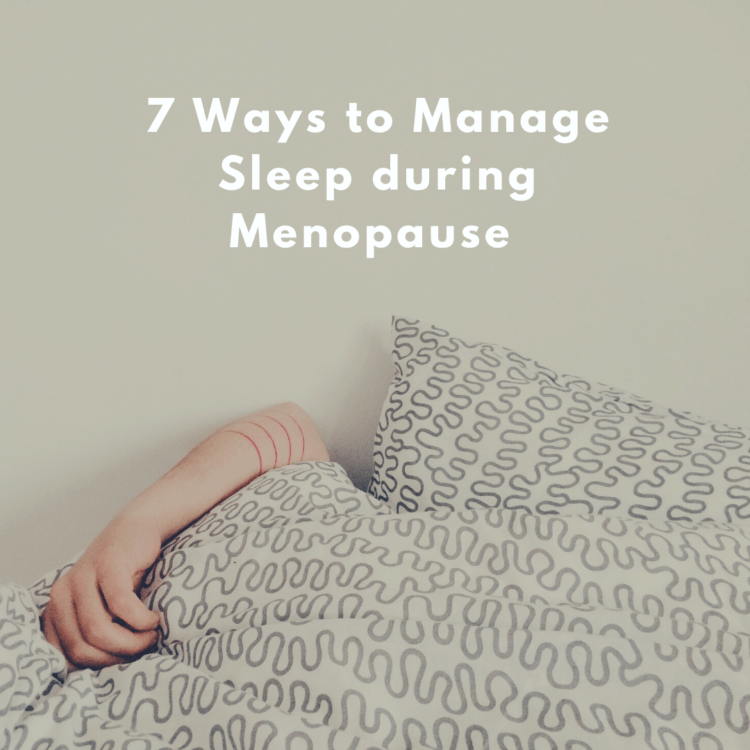Poor quality sleep may also have a major impact on your mood and your feelings of overall wellbeing. It can cause you to make poor food choices, effect hunger hormones, your energy levels, your body’s detoxification processes and prevent you from being active. It can also affect your weight. You can find out more about menopause and weight gain here.
Menopause and Sleep – The Science
| Declining levels of the hormones progesterone and oestrogen during peri-menopause and menopause can affect your sleep. Progesterone is known to have a calming effect and promotes good quality sleep. Lower levels can increase anxiety and stress hormones. Oestrogen is involved in regulating body temperature, especially during the night. Declining levels may trigger hot flushes and night sweats, both common causes of night waking in women during peri-menopause and menopause. |
| Changes in oestrogen levels can also make us more sensitive to changes in our blood sugar levels. Sugary foods, alcohol and foods which are quickly turned into sugar in the body such as biscuits, cakes, fruit juices and breakfast cereals, can all significantly increase blood glucose levels. This leads to the release of insulin and (in the absence of, or declining levels, of oestrogen) adrenalin, causing you have trouble falling asleep or to wake during the night with night sweats and hot flushes. |
Additionally, melatonin the hormone that helps us sleep, is adversely effected by changes in oestrogen levels. It also declines as we age. The the use of electronic devices, including mobile phones, can further block the production of melatonin and make it harder to fall asleep. Over the counter pain killers such as ibuprofen can also lower melatonin levels.
Hormones are complex…
What can you do?
Here are some ideas for how to manage sleep during menopause:
- Turn off electronic devices at least 2 hours before bed, or at least wear blue light blocking glasses. These can easily be found online i.e. Amazon
- Get some morning sunlight to support circadian rhythm – A short walk outside or just a few minutes in sunlight in the garden could help
- Avoid sugary foods, alcohol, chocolate and caffeine especially in the evening. Some people process caffeine more slowly and so may also need to avoid caffeine altogether after lunch
- Ensure adequate intake of protein with each meal – 150g of poultry or fish, 2-3 eggs, 200g of pulses/lentils or a serving of protein powder. This will support blood sugar balance
- Drink a soothing night-time blend tea. This might include valerian root, camomile or lavender. Cooled sage tea may also be beneficial if you are experiencing hot flushes or night sweats
- And remember to keep your bedroom cool and dark.
|
- Other ideas – A magnesium spray rubbed into the skin at night may also be beneficial. I like the Better You, Goodnight spray. There is also some evidence to suggest that drinking cherry juice (Montmorency) in the evening can support melatonin levels and therefore aid sleep.
|
| Supplements may also be useful but due to the general nature of this mailing, it is not possible to recommend without understanding your individual needs. If you would like further support, you can find information about my services here.
For more tips and advice on peri-menopause, join a growing group of like-minded women here
To receive your FREE checklist of the Top 10 Foods to Include in Your Diet During Menopause click here |
|
|
|

